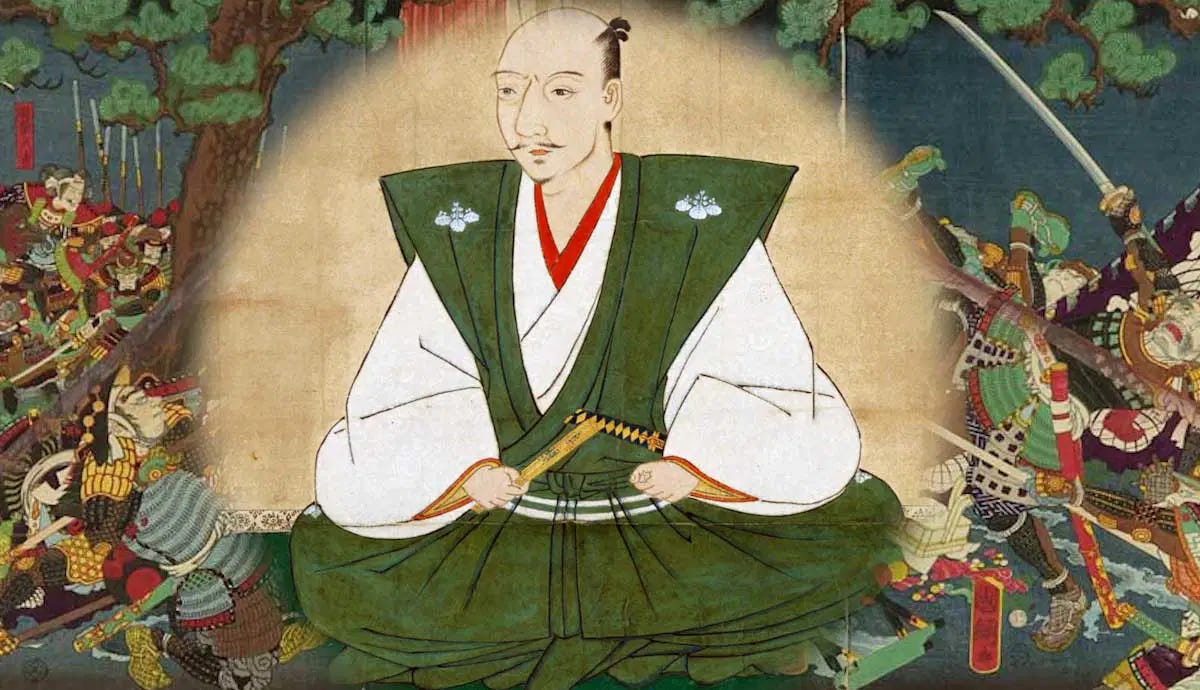Investing Lessons from a Japanese Warlord
What one of the most successful figures in Japanese history can teach us about picking stocks
“Avoid all wars if possible. But when you do go to war, engage with overwhelming force… Only take on fights you know you can win.”
These are the words of Oda Nobunaga, a Japanese warlord and strategist. Known for laying the foundation for unification, Nobunaga is considered one of the most influential figures in Japanese history.
So why are we talking about him?
Investing and war have one commonality – both are filled with uncertainty. More accurately, the role randomness plays in both domains is quite high.
In the short run, it’s possible for bad decisions to lead to good outcomes and good decisions to lead to bad outcomes. In unpredictable environments, those who are unable to control risk are fired (in the case of investment managers) or killed (in the case of warlords). Thus, there’s a lot to learn from someone who successfully held onto power for so long in a field where most die young.
“Fear the old man in a profession where men die young.”
Oda Nobunaga rose to fame after the Battle of Okehazama in 1560, when he successfully defeated an army of 25,000 men led by the powerful warlord Imagawa Yoshimoto. The impressive part about this feat was that Nobunaga was pitifully outnumbered, with only 2,000 men. The battle was beautifully executed, with Nobunaga catching the Imagawa army by surprise through an ambush and defeating them.
Most focus on the tactical brilliance of Nobunaga in bringing about victory. But the important part of the story, in my opinion, is what happens after.
As great as his feat in the Battle of Okehazama was, Nobunaga understood that part of why he won was due to luck. Yes, he had done everything in his power to win and did so with perfection, but he knew that even the slightest tweak in fate would have resulted in miserable defeat. Relying on the genius of himself or his comrades was not a sustainable strategy.
From then on, Nobunaga avoided all unnecessary battles. He ran when he could. He did not care about saving face. In the rare case he engaged, he did so with the utmost overwhelming force. These are the tactics that made Nobunaga known as the “Great Unifier” of the Sengoku and Azuchi-Momoyama periods.
The era in which Oda Nobunaga reigned was filled with brilliant generals, but only he understood the role of luck.
Reading about Oda Nobunaga reminded me of something the late Charlie Munger said about Warren Buffett. Munger once said that he had never seen Buffett write down a calculation of any sort before investing in a company. Some may interpret this as a sign of genius – perhaps he does these calculations in his head – but I believe it’s something different.
Warren Buffet understands deeply the importance of probabilistic thinking. Since investing deals with randomness, we must come up with a very approximate probability distribution of possible outcomes before betting.
Nobunaga and Buffett share the same strategy: only act when the probabilities are overwhelmingly in your favor. Both do not act when their estimated probability of winning is slightly above their chances of losing, say 60:40. They only do so in cases of extremely high likelihood, something like 95:5. This is precisely why Buffett does not need to calculate anything on paper before making a deal. He only acts when an asset’s price has diverged so significantly from intrinsic value that it’s glaringly obvious the asset is undervalued. Though even Buffett cannot tell the difference between a 55:45 or 60:40 proposition in advance, he does know when the probabilities are heavily tilted in his favor.
However, if you only bet in extremely favorable situations, you could still lose for one of two reasons:
You could be wrong about the probability distribution.
The extremely unlikely scenario might unfold or the unexpected may occur.
Unlike in war, there is a way of investing to “lose less” in these unfortunate situations. This is achievable through a concept called Margin of Safety – the three most important words in investing according to Warren Buffett and probably the reason why he’s lived longer than Nobunaga.
But that’s a topic for a later article.





